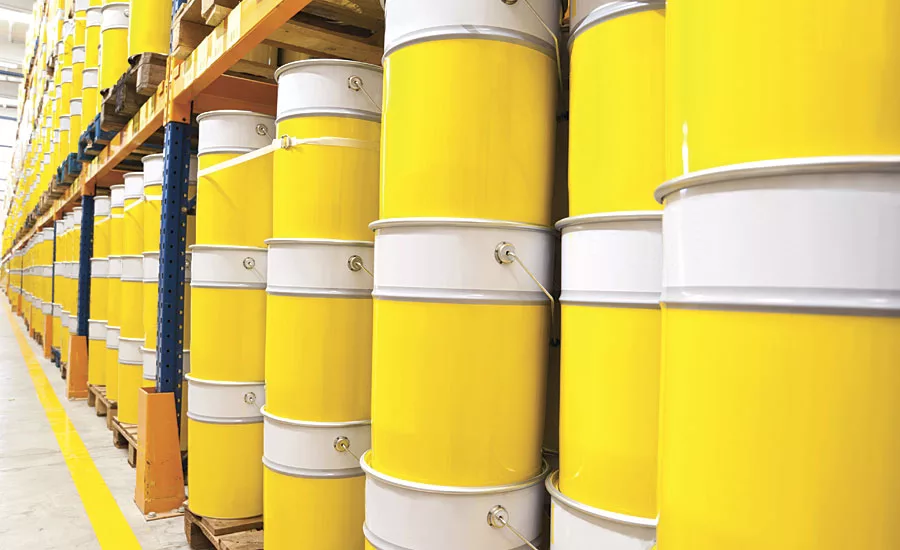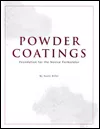Ten Tips for Outsourcing Coatings Manufacturing

Are you hesitant to add capacity with uncertain market conditions? Are some formulas a bad match for your existing equipment or expertise? Are you seeking lower-cost manufacturing? Are your manufacturing plants too far from your market? Whatever the motivation for outsourcing, these tips will ensure you meet your manufacturing objectives.
ONE: Objectives and Metrics
When starting contract manufacturing relationships, it is necessary for both parties to understand each other’s expectations. It’s also the time to establish metrics that define success. Are you looking for batch-to-batch consistency, precise color matching or low cost? Know your objectives and explain them to potential contract manufacturers.
TWO: Evaluation
Don’t let price alone drive your decision. Not all contract manufacturers are created equal. While low unit cost is appealing, can you be certain the manufacturer will meet your customers’ demands? Can they deliver consistent quality? It is prudent to create a scorecard that can be used to objectively score and compare contract manufacturers. Some evaluation criteria to consider:
- Company/personnel experience
- Reputation
- Quality system (e.g. ISO-9000)
- Raw material management
- Process control
- Finished goods storage and handling
- Environmental, health and safety record
THREE: Better Planning Leads to Better Results
Once you’ve identified a contract manufacturer, you can systemically proceed. A “walk before you run approach” is recommended. Here are the steps you should take:
- Site visit/audit
- Meet key manufacturing, technical and executive personnel
- Mutual non-disclosure agreement executed
- Exchange confidential information
- Formula(s)
- Manufacturing instructions
- Quality control parameters
- Safety Data Sheets for all raw materials
- Formula review and technical Q&A
- Small batch production
- Your technical personnel should attend/supervise
- Product is put through quality control to verify it is within spec
- Panels and sample of finished product sent to you for inspection
- Production scale-up
- Ship production batch to customer for evaluation
- Full-scale production
FOUR: Take a Test Drive
The steps above should be executed with a single product before multiple products or product lines are outsourced. Only commit to significant volume after a contract manufacturer demonstrates consistent excellence.
FIVE: Pay for the Value Provided
Contract manufacturers are often smaller, niche players in the industry. The reason you’re contracting with them is because they possess capabilities, capacity or a location you don’t. Leverage your strengths and theirs, to achieve remarkable results. If your size provides raw material purchasing power, buy the raw materials. Let the contract manufacturer focus its efforts on producing, packaging and handling your products. Don’t burden them by tying up their cash in raw material and finished goods inventory.
SIX: Profit Isn’t a Dirty Word
Contract manufacturing agreements should be structured so you and the contract manufacturer can both profit. Enduring partnerships financially benefit everyone. The best contract manufacturers work with several companies in an industry. The opportunities they pursue are the ones where they can earn a fair profit.
SEVEN: Beware Internal Naysayers
Not everyone in your organization will be in favor of outsourcing manufacturing. Beware of the motivations behind their objections. Plant managers, for example, may fear losing volume from their facilities. Production personnel may fear workforce reductions. Supply chain personnel may view outsourcing as a headache. Outsourcing decisions are strategic, and management should anticipate internal resistance.
EIGHT: Periodic Audits Ensure Quality
An annual or bi-annual audit of your contract manufacturers can ensure that quality is maintained and costs are controlled. Some things to review:
- Equipment calibration records
- Root cause analysis and corrective action data
- Quality control records
- Environmental, health and safety information
- On-time delivery performance
- Physical inventory of raw materials and finished goods
NINE: Pay Promptly
Like all companies, contract manufacturers rely on positive cash flow. Quickly. Also, many contract manufactures offer discounts for early payment.
TEN: Reward Success with Additional Opportunities
One of the most effective ways to reward an outstanding contract manufacturer is by rewarding the company with additional business. It’s important to realize the manufacturer’s strengths and weaknesses and only offer additional work that is aligned to capabilities.
For more information, visit www.jamestowncoatings.com.
Looking for a reprint of this article?
From high-res PDFs to custom plaques, order your copy today!







